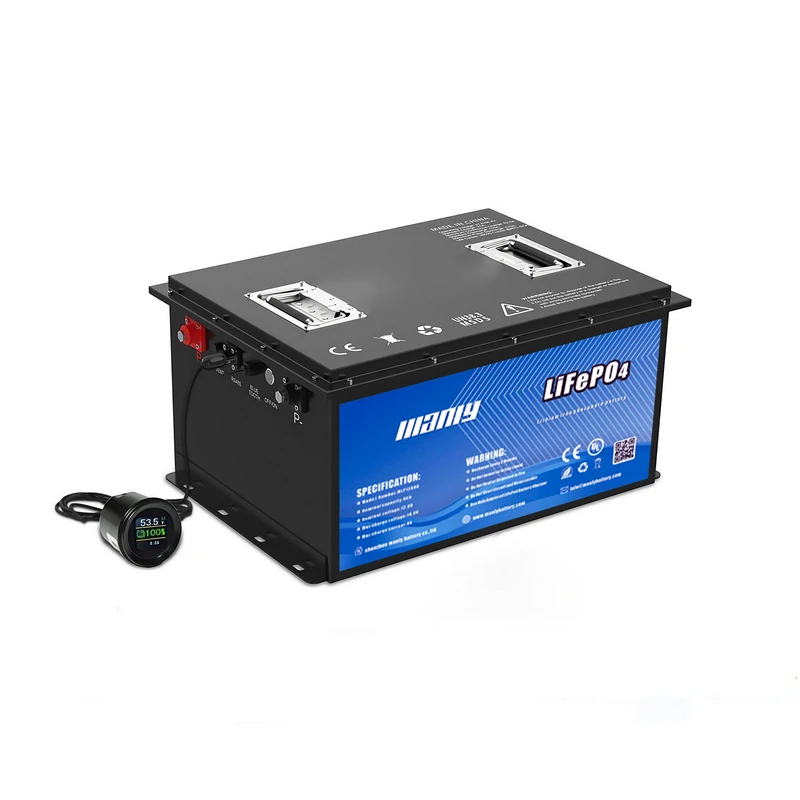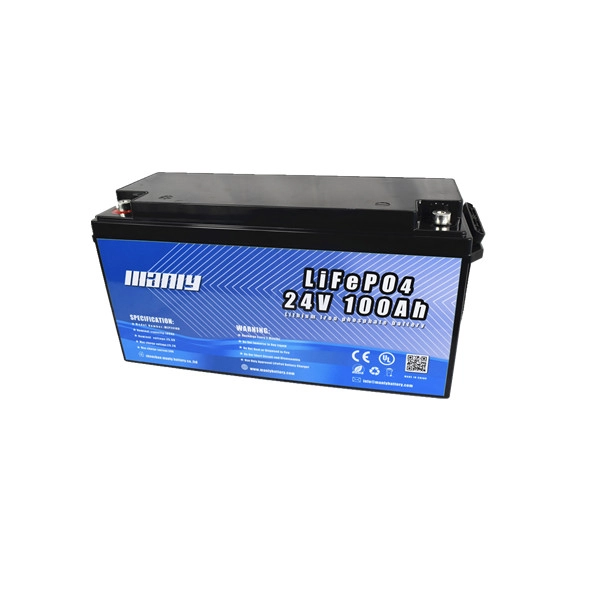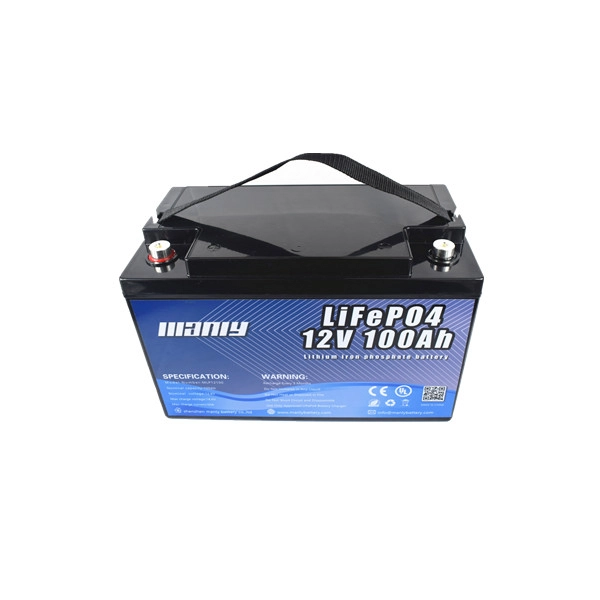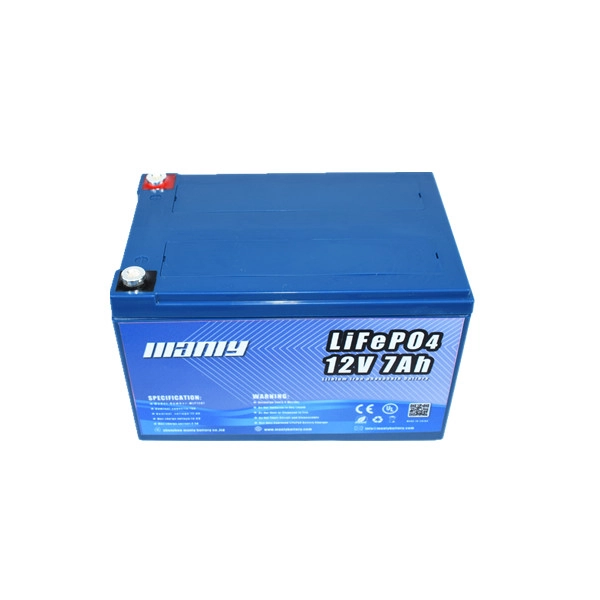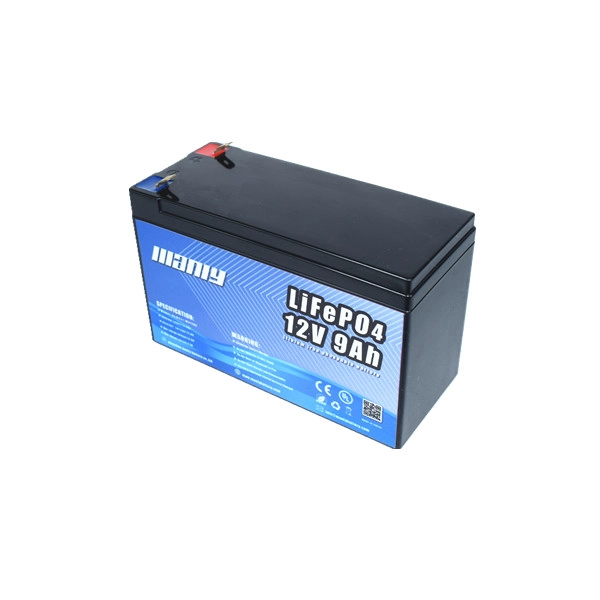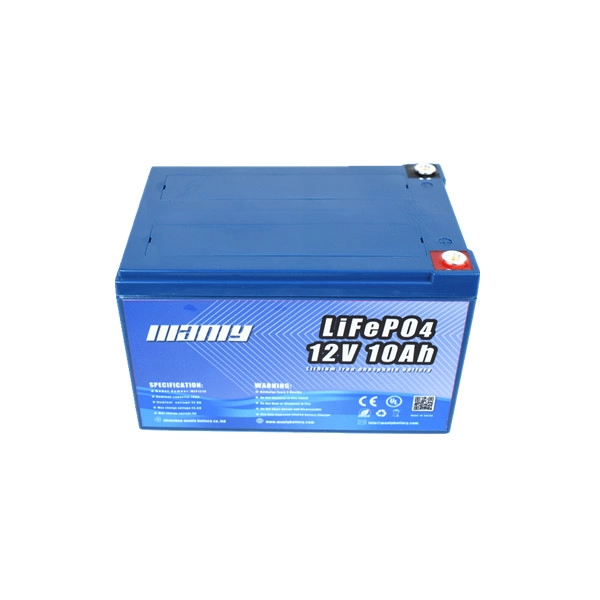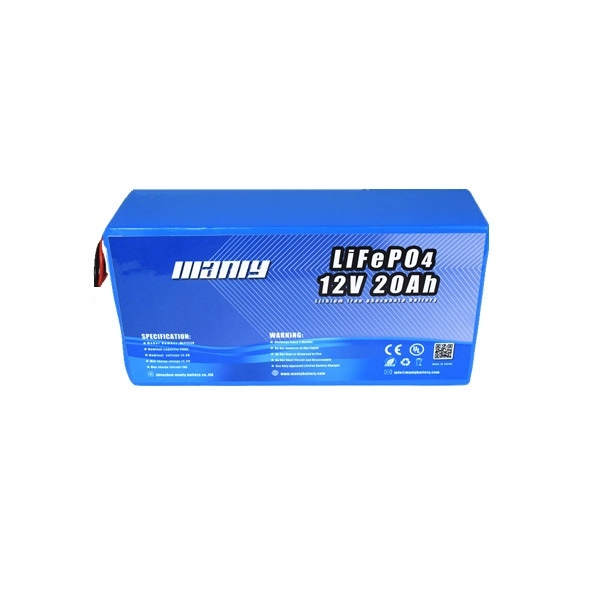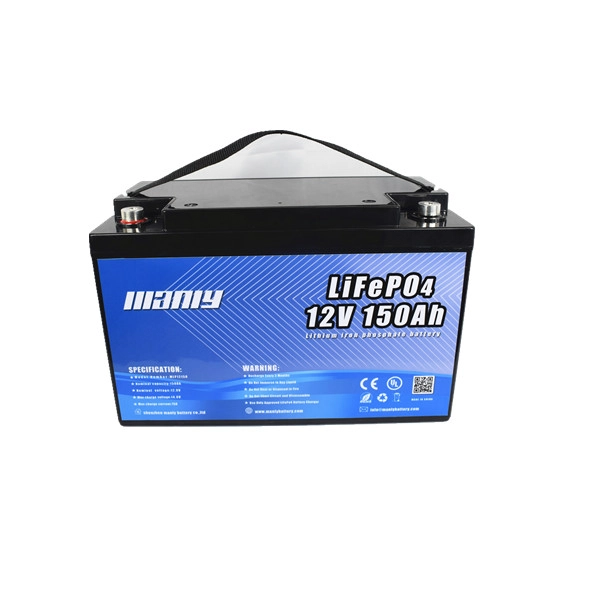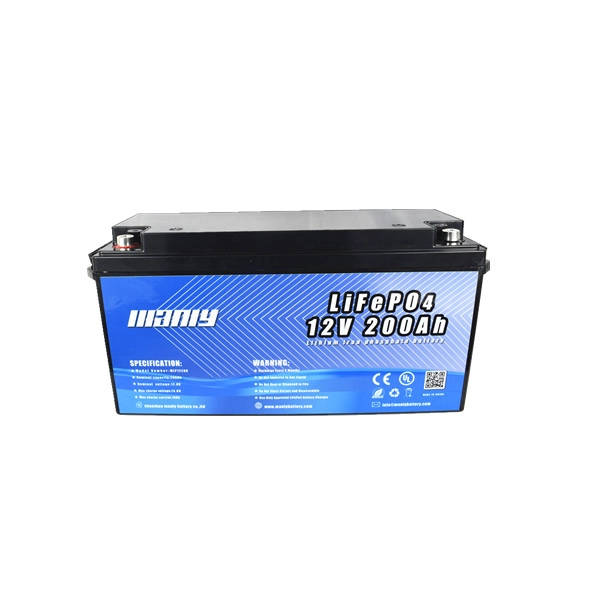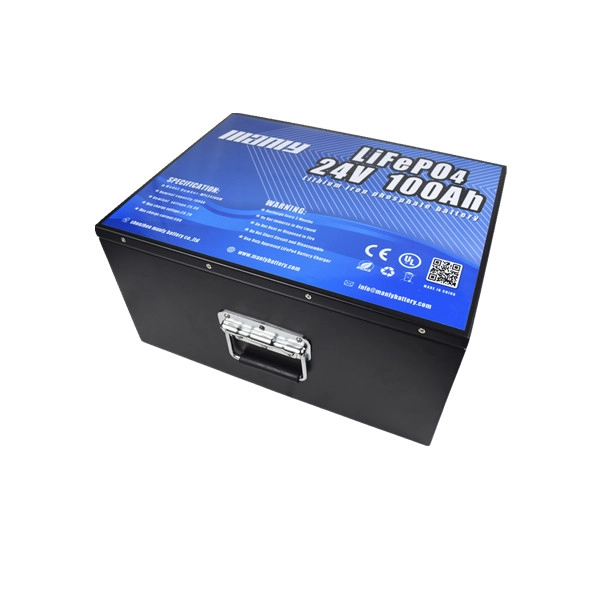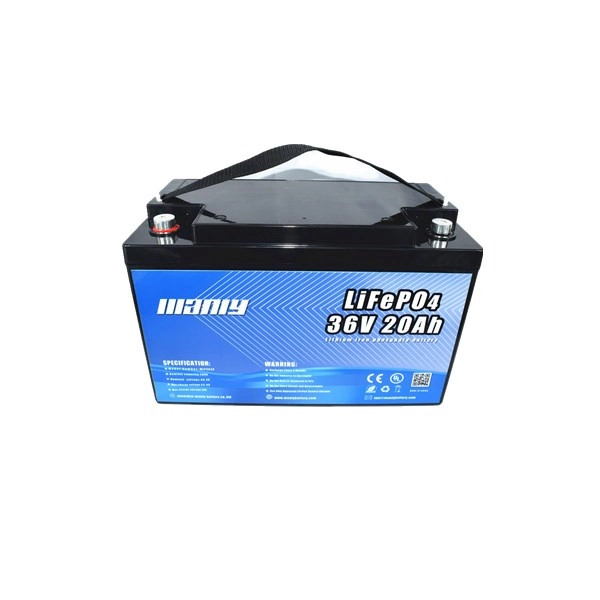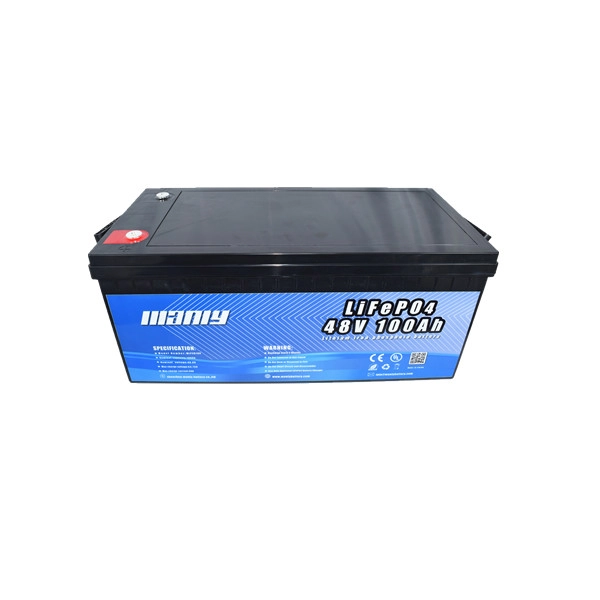2024 Combien pèse une batterie marine ?
Table des matières
- 2024 Combien pèse une batterie marine ?
- Importance du poids de la batterie dans les applications marines
- Les options de batteries marines les plus légères
- Plages de poids typiques pour les batteries marines
- Que pèse une batterie 12 V pour bateau ?
- Différences de poids entre les types de batteries
- Poids de différentes tailles de batteries marines
- Différences de poids entre les batteries marines de démarrage et à décharge profonde
- Une batterie complètement chargée pèse-t-elle plus ?
- Comment le poids de la batterie affecte les performances marines
- Comparaison du poids entre les batteries marines à cellules humides et à cellules sèches
- Comparaison du poids d’une batterie marine avec le poids d’une batterie de voiture et de camping-car
- Calculer le poids total de la batterie de votre navire
- Choisir entre le poids, les performances et le coût des batteries de bateaux
- Fabricant de batteries pour bateaux
- Conclusion
- En savoir plus sur la batterie
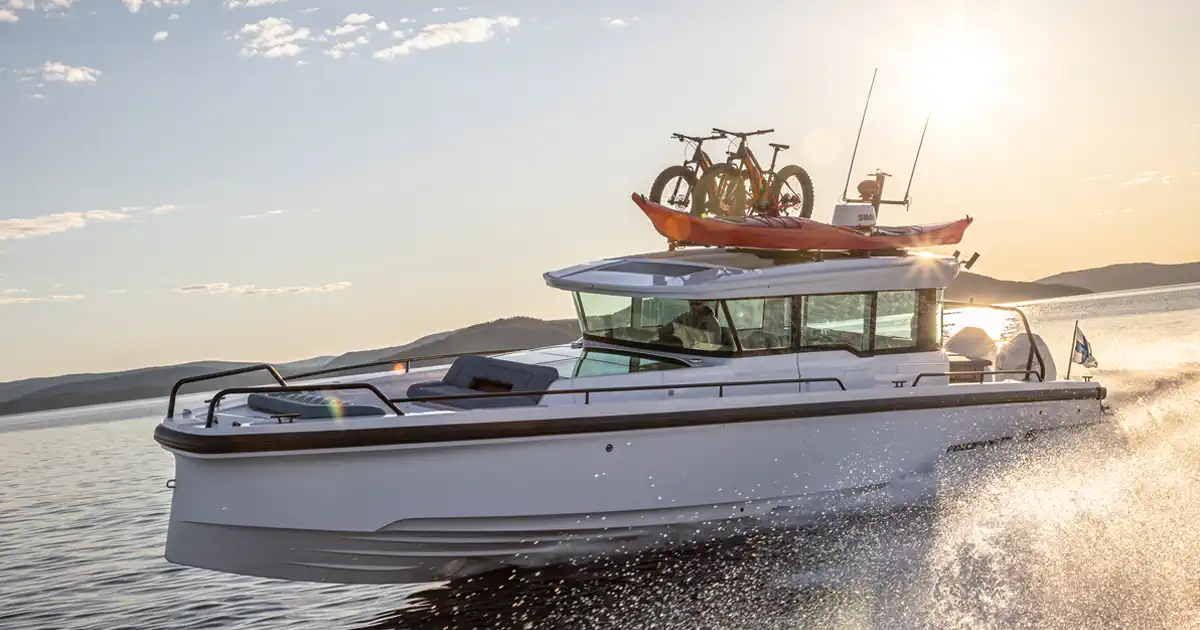
Importance du poids de la batterie dans les applications marines
When it comes to marine applications, battery weight plays a crucial role in overall performance. Heavier batteries can slow down a boat and make it harder to maneuver, especially for smaller vessels like kayaks and canoes. Excess weight raises the boat’s center of gravity, increasing the risk of tipping and instability. Additionally, a heavier battery requires counterbalancing, which adds even more weight. This extra load reduces the power-to-weight ratio, causing the engine to work harder and leading to higher fuel consumption and lower efficiency. Even a small reduction in battery weight can significantly enhance speed and handling, especially for boats under 20 feet. Keeping batteries lightweight is essential for improving performance and safety across all types of marine craft.Les options de batteries marines les plus légères
The lightest marine battery option currently available is the marine lithium battery. These batteries can weigh 60-70% less than comparable lead-acid batteries with similar capacities. For example, a 100Ah lithium boat battery might weigh between 20-30 pounds, while a lead-acid counterpart could weigh anywhere from 60 to 100 pounds. This substantial difference makes lithium boat batteries the ultimate choice for weight-conscious boaters. A comparison of typical 100Ah battery weights highlights this advantage:- Lithium-Ion :20 à 35 livres
- Acide de plomb AGM :60 à 80 livres
- Gel acide de plomb :60 à 80 livres
- Acide de plomb pour cellules humides :80 à 120+ livres
Plages de poids typiques pour les batteries marines
Marine batteries vary significantly in weight depending on their type and specifications. Understanding the typical weight range can help boaters choose the right boat battery for their needs. Here’s a breakdown of the expected weights for different battery types:- Lithium-Ion :16 à 32 livres
- Acide de plomb AGM :30 à 60 livres
- Gel acide de plomb :35 à 75 livres
- Plomb-acide (pile humide) :50 à 120+ livres
Que pèse une batterie 12 V pour bateau ?
The weight of a Batterie 12V pour bateaul'utilisation peut varier en fonction de son type et de sa capacité. En général, voici ce à quoi vous pouvez vous attendre :- Batteries de bateau au lithium 12 V :Environ 20 à 35 livres
- Piles AGM 12 V :Pesent généralement entre 30 et 60 lb
- Piles au gel 12 V :Généralement compris entre 35 et 75 lb
- Piles humides 12 V :Peut peser entre 50 et 120+ livres
Types de batteries de bateau 12 V
There are several types of Batteries de bateau 12Vdisponibles, chacun avec des caractéristiques uniques :- Batteries à lithium:Connue pour être la batterie marine la plus légère, offrant une densité énergétique élevée et une longue durée de vie.
- Batteries AGM :Offrent de bonnes performances et sont étanches mais sont plus lourds que le lithium.
- Piles au gel :Semblables à l’AGM, ils sont sûrs et fiables mais toujours plus lourds.
- Piles à cellules humides :L’option traditionnelle, ce sont les plus lourdes et les moins efficaces par rapport aux alternatives au lithium.
Toutes les batteries marines sont-elles 12 V ?
Not all marine batteries are 12V. While many smaller boats utilize 12V systems, larger vessels may use higher voltage batteries, such as 24V or 48V, for their power needs. The choice of voltage depends on the boat’s size, required power output, and electrical system design.Facteurs influençant le poids de la batterie
Several factors influence poids de la batterie, y compris:- Type de batterie:Les batteries au lithium sont généralement beaucoup plus légères que les batteries au plomb.
- Capacité:Les batteries de plus grande capacité ont tendance à peser plus en raison de la quantité accrue de matériaux utilisés.
- Conception:Les matériaux utilisés dans la construction, tels que les plaques de plomb des batteries traditionnelles, contribuent de manière significative au poids.
- Taille de groupe:Différentes tailles de batteries marines ont des dimensions spécifiques qui affectent leur poids total.
Comparaison des batteries de bateaux les plus lourdes et les plus légères
When comparing the heaviest and lightest options:- Batterie marine la plus légère :Les batteries au lithium ouvrent la voie, avec certains modèles pesant aussi peu que 16 lb pour des capacités équivalentes.
- Batterie de bateau la plus lourde :Les batteries au plomb inondées traditionnelles peuvent dépasser 120 lb, en particulier dans les groupes de grande taille comme le groupe 31.
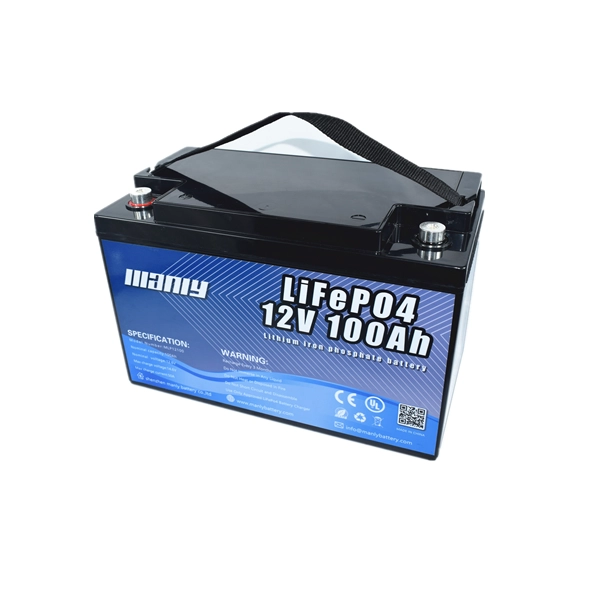
Différences de poids entre les types de batteries
Understanding the weight differences between various battery types is crucial for selecting the right marine battery for your vessel. Each type has its own characteristics that affect battery weight, making it essential to choose wisely.Poids des batteries au plomb
Flooded lead-acid batteries are the heaviest among marine batteries. Typically, their weights range from 50 to over 120 pounds, depending on the specific group size. For example, a group 31 battery weight can easily reach 70-90 lbs. This significant weight is due to the dense lead plates and liquid sulfuric acid inside, making them less suitable for weight-sensitive applications.Poids des batteries AGM
Absorbed Glass Mat (AGM) batteries are a popular choice for many boaters. They generally weigh between 30 and 60 pounds, making them lighter than traditional lead-acid batteries but still heavier than marine lithium batteries. AGM batteries offer good performance and are spill-proof, but their weight can impact overall boat agility.Poids des batteries au gel
Gel batteries are similar to AGM in weight, typically ranging from 35 to 75 pounds. These batteries contain a gel electrolyte, making them safer and less prone to leaks. However, they still don’t match the lightweight nature of lithium options. Their weight can be a consideration for smaller boats where every pound counts.Poids des batteries lithium-ion
Lithium-ion batteries are the lightest marine battery option available today. Weighing between 16 and 32 pounds, they provide substantial weight savings compared to lead-acid and AGM batteries. For instance, a 100Ah lithium boat battery can weigh as little as 20-30 lbs, significantly enhancing performance and efficiency. The lightweight design and higher energy density make lithium batteries an ideal choice for modern marine applications.By comparing these weights, boaters can make informed decisions based on their specific needs, balancing battery weight with performance and capacity.Poids de différentes tailles de batteries marines
The weight of batteries marinespeuvent varier considérablement en fonction de la taille de leur groupe, qui fait référence à leurs dimensions physiques : longueur, largeur et hauteur. Comprendre ces poids est essentiel pour choisir le bonbatterie de bateaupour votre navire. Voici les tailles de groupe courantes et leurs poids typiques :- Groupe 24 :Pèse généralement entre 50 et 70 livres. Cette taille est populaire pour les petits bateaux et souvent utilisée pour les applications de démarrage et de cycle profond.
- Groupe 27 :Pèse généralement environ 60 à 80 livres. Ce groupe est légèrement plus grand et fournit plus de puissance, ce qui le rend adapté aux navires de taille moyenne.
- Groupe 31 :Choix courant pour les bateaux plus grands, le poids de la batterie du groupe 31 varie de 70 à 100 lb. Ces batteries sont souvent utilisées pour des applications à décharge profonde en raison de leur capacité.
- Groupe 8D :C'est l'une des options les plus lourdes, pesant entre 100 et 120 livres. Il est principalement utilisé dans les bateaux plus grands qui nécessitent une puissance importante.
Différences de poids entre les batteries marines de démarrage et à décharge profonde
Starting and deep cycle batteries serve different purposes, and their weights reflect these differences.Starting Batteries are designed to provide a short burst of high current to start an engine. They typically weigh less than deep cycle batteries because they have thinner plates and are built for quick discharge. A lightweight boat battery of this type might weigh around 30 to 60 lbs, depending on the group size.Deep Cycle Batteries, on the other hand, are built to provide sustained power over a longer period. These batteries are generally heavier, often weighing between 50 and 120 lbs. Their thicker plates allow for deeper discharges and longer usage times. For instance, a group 31 battery weight for a deep cycle option can reach the higher end of that range, making it more suitable for powering electronics and other equipment over time.Understanding the weight differences between these battery types can help boaters choose the right option for their specific needs, balancing weight with performance and capacity requirements.Une batterie complètement chargée pèse-t-elle plus ?
The question of whether a fully charged battery weighs more is an interesting one. In general, a batterie de bateauson poids ne change pas de manière significative lorsqu'il est complètement chargé par rapport à lorsqu'il est déchargé. Les réactions chimiques qui se produisent dans la batterie n’ajoutent ni n’enlèvent aucun matériau ; ils changent simplement l'état de l'électrolyte. Ainsi, qu’il s’agisse d’une batterie marine ou de batteries marines au lithium, le poids reste effectivement le même, quel que soit le niveau de charge.Comment le poids de la batterie affecte les performances marines
Battery weight has a direct impact on marine performance. A lighter battery, such as the lightest marine battery options available, can enhance speed, maneuverability, and fuel efficiency. For smaller vessels, a lightweight boat battery can improve responsiveness, making it easier to navigate and control the boat. Excessive battery weight can raise the boat's center of gravity, making it more prone to tipping and less stable, which can compromise safety.For larger boats, while they may accommodate heavier batteries better, excess weight still affects overall performance. It can reduce the engine's efficiency, requiring more fuel to maintain speed and leading to slower acceleration. This is particularly important for boaters looking to optimize their vessel's performance for long trips or competitive situations.By choosing the appropriate battery weight, boaters can ensure better handling, improved speed, and enhanced overall performance on the water.Comparaison du poids entre les batteries marines à cellules humides et à cellules sèches
Yes, there is a notable weight difference between wet-cell and dry-cell marine batteries. Wet-cell batteries, such as traditional flooded lead-acid types, tend to be heavier due to the liquid electrolyte they contain. Their weight can range from 50 to over 120 lbs, making them some of the heaviest options available. In contrast, dry-cell batteries, including AGM (Absorbed Glass Mat) and lithium boat batteries, are generally lighter. For example, AGM batteries typically weigh between 30 and 60 lbs, while marine lithium batteries can weigh as little as 16 to 35 lbs. This significant difference in battery weight makes dry-cell options more favorable for those looking to reduce the overall weight of their vessel, enhancing performance and maneuverability.Comparaison du poids d’une batterie marine avec le poids d’une batterie de voiture et de camping-car
When comparing marine battery sizes to car or RV batteries, it's essential to consider their specific applications and weight ranges. Car batteries are generally similar in weight to smaller marine batteries, typically ranging from 30 to 50 lbs. However, larger RV batteries, especially those designed for deep cycle use, can weigh significantly more, often between 60 and 120 lbs, similar to heavier marine batteries like group 31 battery weight options.In summary, while there are overlaps in weight categories, marine batteries tend to be designed for different use cases, focusing on weight distribution and performance in watercraft. The lighter options in the marine category, particularly lithium boat batteries, offer distinct advantages in performance compared to the traditional heavyweights found in automotive and RV applications. By choosing the right battery weight for their needs, boaters can optimize performance while maintaining the balance and efficiency of their vessels.Calculer le poids total de la batterie de votre navire
When planning for a boat battery system, understanding the battery weight is crucial for overall vessel performance. To calculate the total battery weight, start by identifying the number of batteries you'll use and their individual weights. For instance, if you’re using a group 31 battery, which typically weighs around 70-80 pounds, multiply this weight by the number of batteries. Additionally, consider the marine battery sizes and marine battery dimensions to ensure they fit properly in your boat’s designated battery compartment. Always include any extra weight from accessories, such as connectors or mounting hardware, to get an accurate total. By carefully calculating the total battery weight, you can ensure optimal performance and balance for your vessel.Choisir entre le poids, les performances et le coût des batteries de bateaux
Selecting the right boat battery involves balancing weight, performance, and cost. Lightweight options, like marine lithium batteries, offer substantial benefits, including longer lifespans and faster charging times, which enhance overall performance. However, they may come at a higher initial cost. In contrast, traditional lead-acid batteries might be more affordable but can weigh significantly more, impacting your boat’s agility and speed. When considering the lightest marine battery options, weigh the benefits against your budget and intended use. Evaluate factors such as marine battery sizes and whether the reduced weight aligns with your performance goals. Ultimately, the right choice will depend on your specific boating needs and how you prioritize each aspect of battery selection.Fabricant de batteries pour bateaux
 When it comes to choosing a reliable boat battery, the manufacturer plays a crucial role in ensuring quality and performance. MANLY Battery stands out as a premier producer of marine batteries, with over 13 years of excellence in the industry. Located in key regions of China, such as Shenzhen, Dongguan, and Huizhou, MANLY operates a state-of-the-art facility covering 65,000 square meters. With an impressive daily production capacity of over 3,000 batteries, MANLY delivers a wide range of battery solutions, including marine lithium batteries that cater to diverse applications, from solar energy systems to advanced robotics.The company's commitment to quality is underscored by its global certifications, including UN38.3 and UL, ensuring that each lightweight boat battery meets rigorous safety standards. MANLY also offers customization options to fit specific needs, making it a trusted choice for boaters looking for the lightest marine battery solutions. With a 10-year warranty and features such as short circuit protection and optimal performance under extreme temperatures, MANLY Battery is dedicated to providing exceptional products that enhance marine performance and reliability.
When it comes to choosing a reliable boat battery, the manufacturer plays a crucial role in ensuring quality and performance. MANLY Battery stands out as a premier producer of marine batteries, with over 13 years of excellence in the industry. Located in key regions of China, such as Shenzhen, Dongguan, and Huizhou, MANLY operates a state-of-the-art facility covering 65,000 square meters. With an impressive daily production capacity of over 3,000 batteries, MANLY delivers a wide range of battery solutions, including marine lithium batteries that cater to diverse applications, from solar energy systems to advanced robotics.The company's commitment to quality is underscored by its global certifications, including UN38.3 and UL, ensuring that each lightweight boat battery meets rigorous safety standards. MANLY also offers customization options to fit specific needs, making it a trusted choice for boaters looking for the lightest marine battery solutions. With a 10-year warranty and features such as short circuit protection and optimal performance under extreme temperatures, MANLY Battery is dedicated to providing exceptional products that enhance marine performance and reliability.






